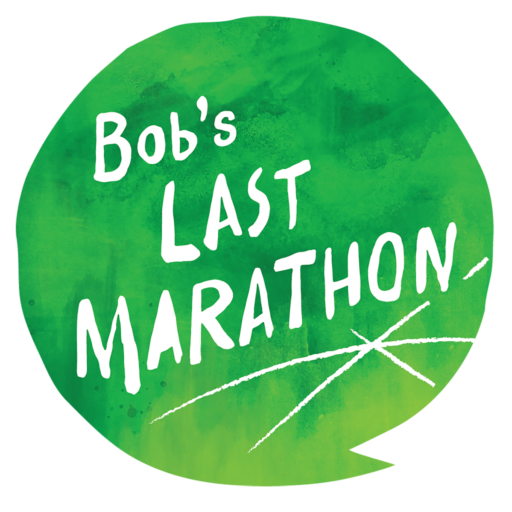Communication and Activities: Tools and Techniques
Transcript Communication and Activities: Tools and Techniques Felicia Greenfield: Communicating with a person with dementia is a common question or concern that caregivers ask about. The way we communicate with people with dementia can affect behavioral outcomes. Take Amy and Joel, for example. In a caregiver class, Amy shared that it takes her about an…
